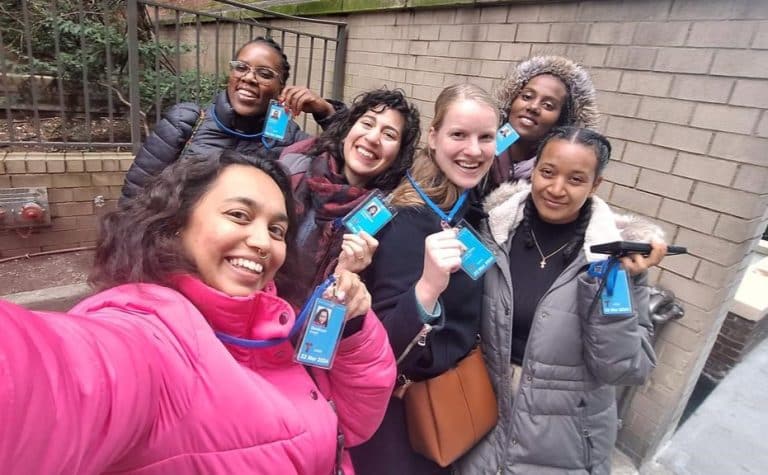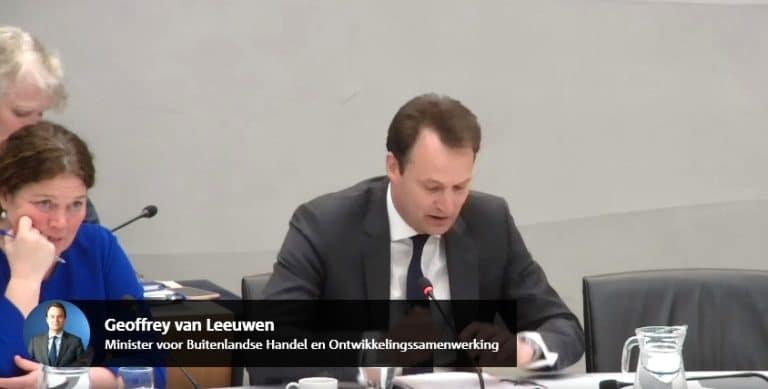Linda Mans
Last week, the 71st edition of the World Health Assembly and pre-meetings of civil society discussed topics of this very moment such as health and environment, or the root causes of health inequity. At the same time, the Alma-Ata declaration from forty years ago showed its renewed actuality. That made the Assembly my trip back to the future.
It was the youth delegate of the Dutch delegation who made my day. During the massively attended discussion about ‘Health, environment and climate change’, she explicitly opted to share her concerns. As future medical doctor, she could foresee that especially young people would seek health care due to the negative impact of climate change on their health and the accumulation of the effects through time. She urged all organizations to research and advocate for policies that are environmentally friendly.
From 3R to 4R
In our neoliberal era the power of the World Health Organization may be limited compared to other political and economic entities. The Geneva Global Health Hub hosted in its pre-WHA meetings discussions such as the one on the consultation statement “Beyond the health sector: Addressing root causes and determinants of health inequity”. There, the ‘3R’ we know as rights, redistribution and regulation to guide a new global economic order (NGEO), was extended by a fourth one: regenerative. The credits for this insight go, not surprisingly, to Kate Raworth’s Doughnut Economics model: ‘The NGEO would be regenerative and circular in nature as to remain within the ecological ceilings that planet earth provides while providing a dignified living for all.’
Alma-Ata revisited
Next to the urgent discussions on the future we all face, this WHA71 was also a ‘going back to the future’ for me. Ten years ago, in 2008, the Kampala declaration got adopted supporting the vision that ‘all people, everywhere, shall have access to a skilled, motivated and facilitated health worker within a robust health system’. Its purpose and call still stand, and the Dublin Declaration puts it into the present . Wemos, together with Medicus Mundi International (MMI), the African Centre for Global Health and Social Transformation (ACHEST) and Médecins Sans Frontières (MSF) organized a well-attended session to launch a renewed Civil Society Organization Initiative on HRH to take this spirit of the Kampala declaration forward.
In the same vein, the vision of the Alma-Ata declaration still stands. It brought us the fundamental idea of ’health for all’ and put primary health care front and centre, but in practice it diluted quickly to selective primary health care.
I would rather not go down to that road again, but recall how ‘health systems’ and ‘health workforce’ are framed in our consultation statement: “Health systems must be built on the principles of comprehensive primary health care that includes community engagement, adequate healthcare infrastructure, skilled, supported and motivated health workforce, access to essential drugs of good quality that are rationally used in addition to new advancements and technologies that must be accessible to all.”
Economic literacy
In this current neoliberal era we should add to the Alma-Ata vision of ‘health for all’ the need for ‘economic literacy for all’. This would enable us to engage in a (more) meaningful dialogue, while bearing in mind the words from the Alma-Ata declaration: ‘The attainment of the highest possible level of health is a most important world-wide social goal whose realization requires the action of many other social and economic sectors in addition to the health sector.’
That brings me to the words of my colleague Mariska Meurs. According to her, ‘the answer lies in a global fund for health, one that pools resources, is based not on charity but rather on solidarity following a sense of global responsibility, which includes (international) taxes, and where allocations are driven by health needs instead of by the – be it well-intended – whims of donors.’ Perhaps the just launched Working for Health Multi-Partner Trust Fund (MPTF) is heading in the right direction. Let us use the renewed Civil Society Organization Initiative on HRH to being on top of that.




